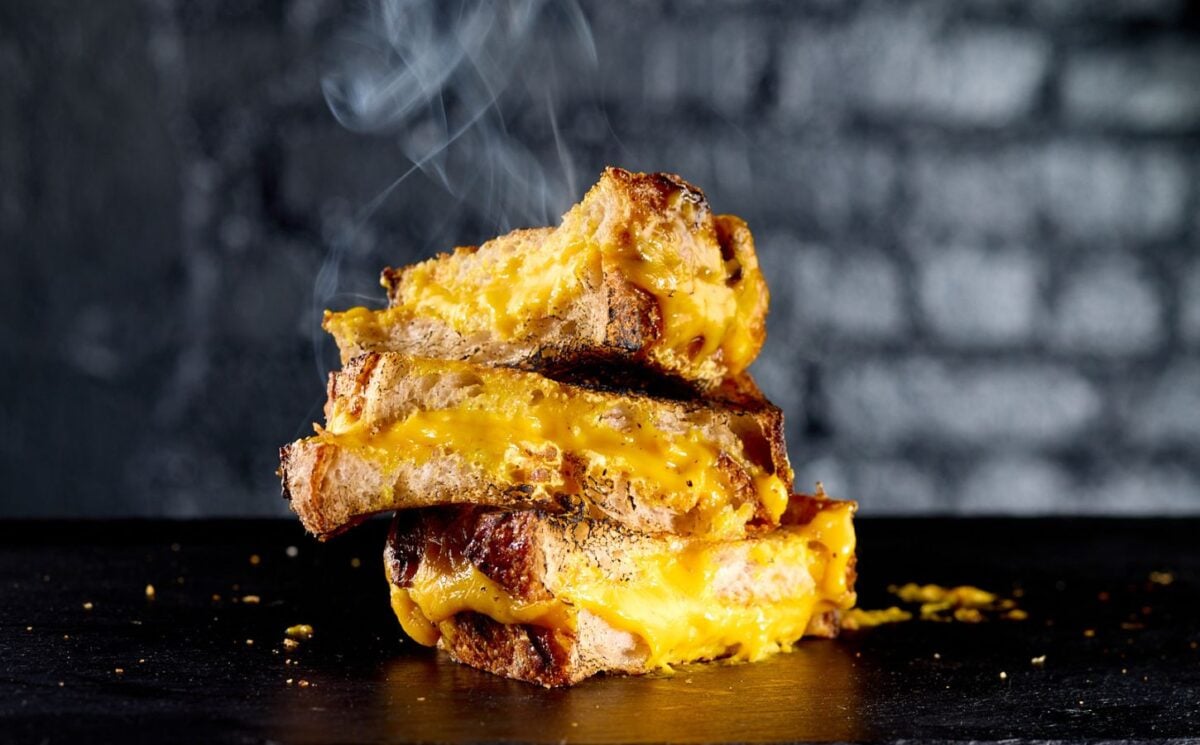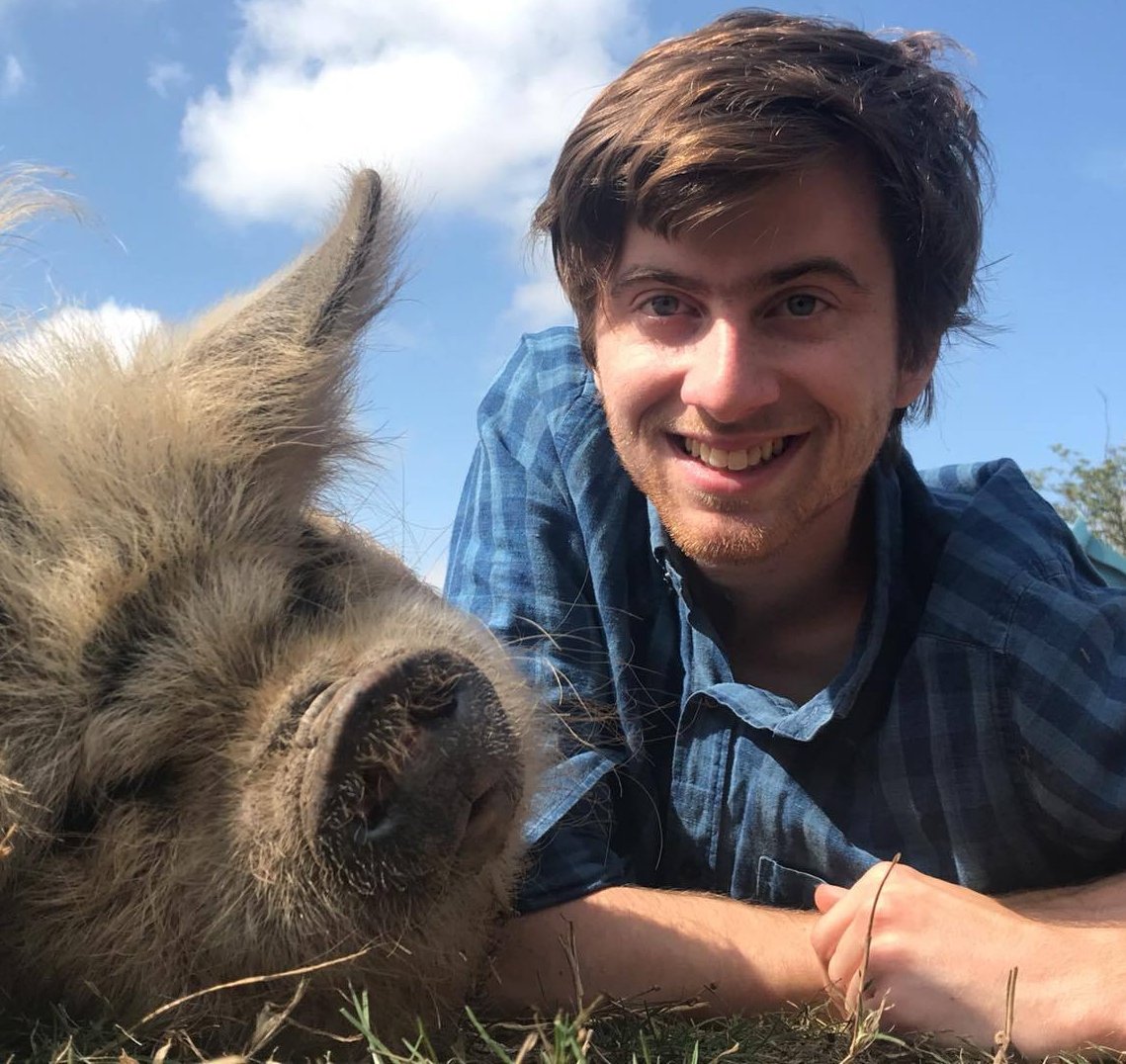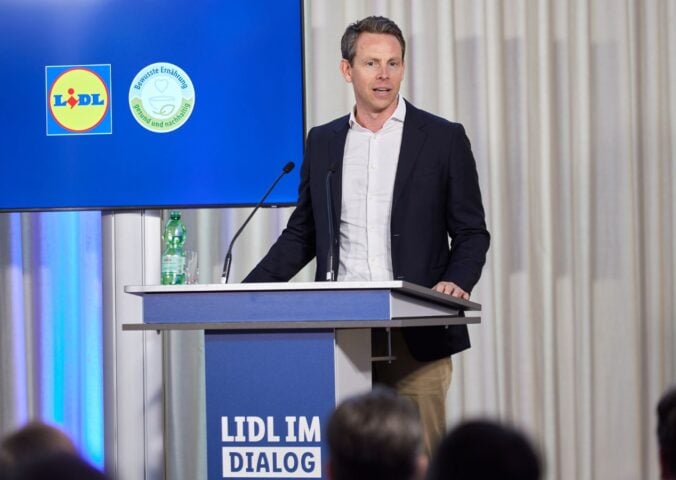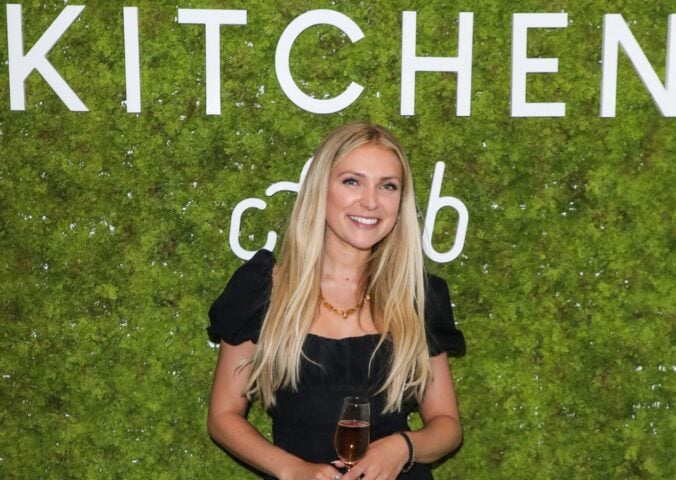A new plant-based cheese made from fermented legume milk claims to be pioneering the “third wave” of vegan cheese.
Stockeld Dreamery, a Swedish vegan dairy start-up, has launched a fermented Cheddar slice that could take the vegan cheese experience to the next level.
“We are still only scratching the surface in terms of what this new approach could do,” Sorosh Tavakoli, Founder and CEO of Stockeld Dreamery, tells Plant Based News (PBN). “We need economies of scale to bring prices down and we need the consumers to overcome their current perceptions of what dairy free cheese could be.”
On a pizza, on a burger, on a cheeseboard, or on crackers, cheese is as commonplace as it is cruel. But as more consumers shun dairy for its ethical and environmental shortcomings, can innovation keep up with demand for animal-free cheese?
Why move away from dairy?
More people are switching away from animal products and seeking out alternatives that have a lower environmental footprint and pose fewer ethical concerns.
However, it has long been the case that many flexitarians struggle with substituting cheese most of all.
That’s not especially surprising. Dairy cheese contains casein, which has an addictive effect during digestion. Since a cow’s milk is intended for her young, casein is supposed to help ensure calves drink enough of it. When humans take this milk and turn it into cheese, it can be addictive – and create various health risks.
The dairy industry is built on the exploitation of the female reproductive system. “Dairy cows” are forcibly impregnated once a year via artificial insemination. Each time, they lose their calf shortly after birth so humans can take their milk.
This year, Peta’s Superbowl ad, starring Edie Falco, put the cruelty of cheese in the spotlight.
Dairy cheese is not only cruel to cows. It is also a major contributor to the climate crisis, responsible for at least four percent of global greenhouse gas emissions, according to the UN Food and Agriculture Organization (FAO). To put that in context, dairy causes more emissions than aviation.
Indeed, dairy can account for more than a quarter of the carbon footprint of an average European diet.
The plant-based cheese paradox
Faced with these realities, plant-based milks have experienced a surge in popularity in recent years. More than four in 10 US households now drink alternative milks. This is a hugely significant milestone in a country where Big Dairy still holds such sway.
Plant-based cheeses have also grown rapidly in the past decade. However, vegan cheese has failed to make quite the same impression as vegan milks.
The “third wave” of vegan cheese could change that. After the early days of homemade nut cheeses, plant-based cheese production commercialized with dairy alternatives made from starch, fat and aromas. This production has allowed dairy-free cheeses to spread around the world. Prices are affordable and the taste and texture have received rave reviews. Still, this “second wave” has not achieved the mass market breakthrough needed to cause a revolution.
“The second wave took us to about 1.5 percent of penetration,” notes Tavakoli. “With the third wave we hope to eventually be able to go beyond 15 percent of total cheese sales, a similar number to plant-based milks.”
MELT is melty and stretchy
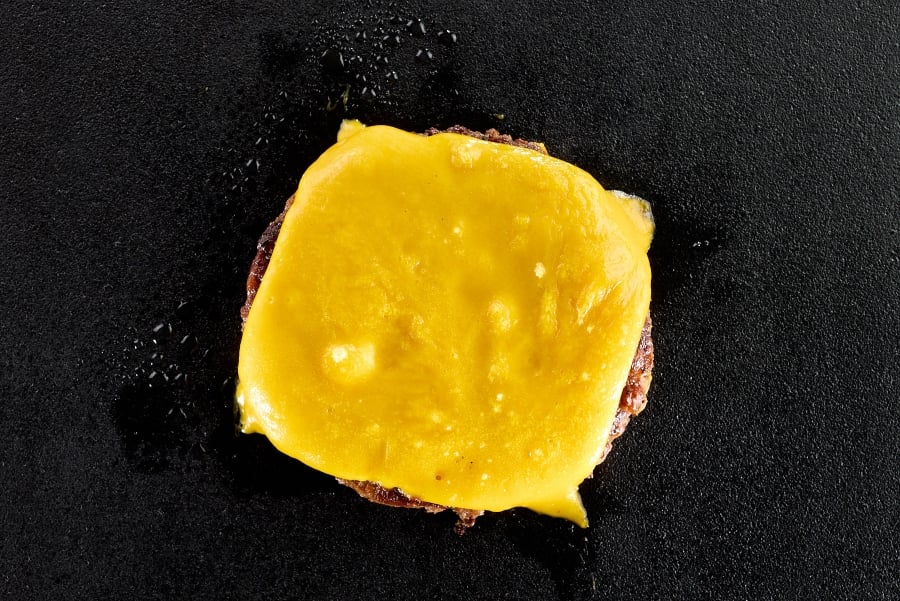
Enter fermentation.
The “third wave” uses a process of cheesemaking more akin to traditional dairy methods. Fermentation is a 10,000-year-old natural food processing method that involves letting healthy bacteria carry out chemical reactions.
Stockeld Dreamery’s MELT is made with cultured legumes. This gives it two grams of protein per serving. It also allows it to “melt faster than any other plant-based cheese on the market,” according to the company.
“We are moving into this launch with a lot of great energy from our first customers who’ve been giving us encouraging feedback,” Tavakoli tells PBN. “The product is clearly different and superior in many important ways for them such as the meltability, the flavor profile, and texture.”
Fermented (vegan) cheese
The next step for MELT is to get on as many menus as possible.
“We’ve found that many restaurants serve burgers with plant-based patties, but with dairy cheese on,” says Tavokoli.
He thinks that a plant-based cheese that performs like dairy could be a gamechanger. “The terrible reputation of vegan cheese is a big challenge for our category. With a product that can positively surprise customers, we will focus a lot on sampling,” he adds.
Alongside this “third wave” vegan cheese product, Tavokoli says that the way dairy-free cheese is presented should change too. “We see a big opportunity in how products are labelled on menus,” he says. “By adding ‘Cultured Cheddar’ to the menu, sales increase quite dramatically,” he adds.
As politicians and the dairy industry try to push out vegan dairy alternatives, notably in the US with the DAIRY PRIDE bill, creative marketing may become ever more important.
